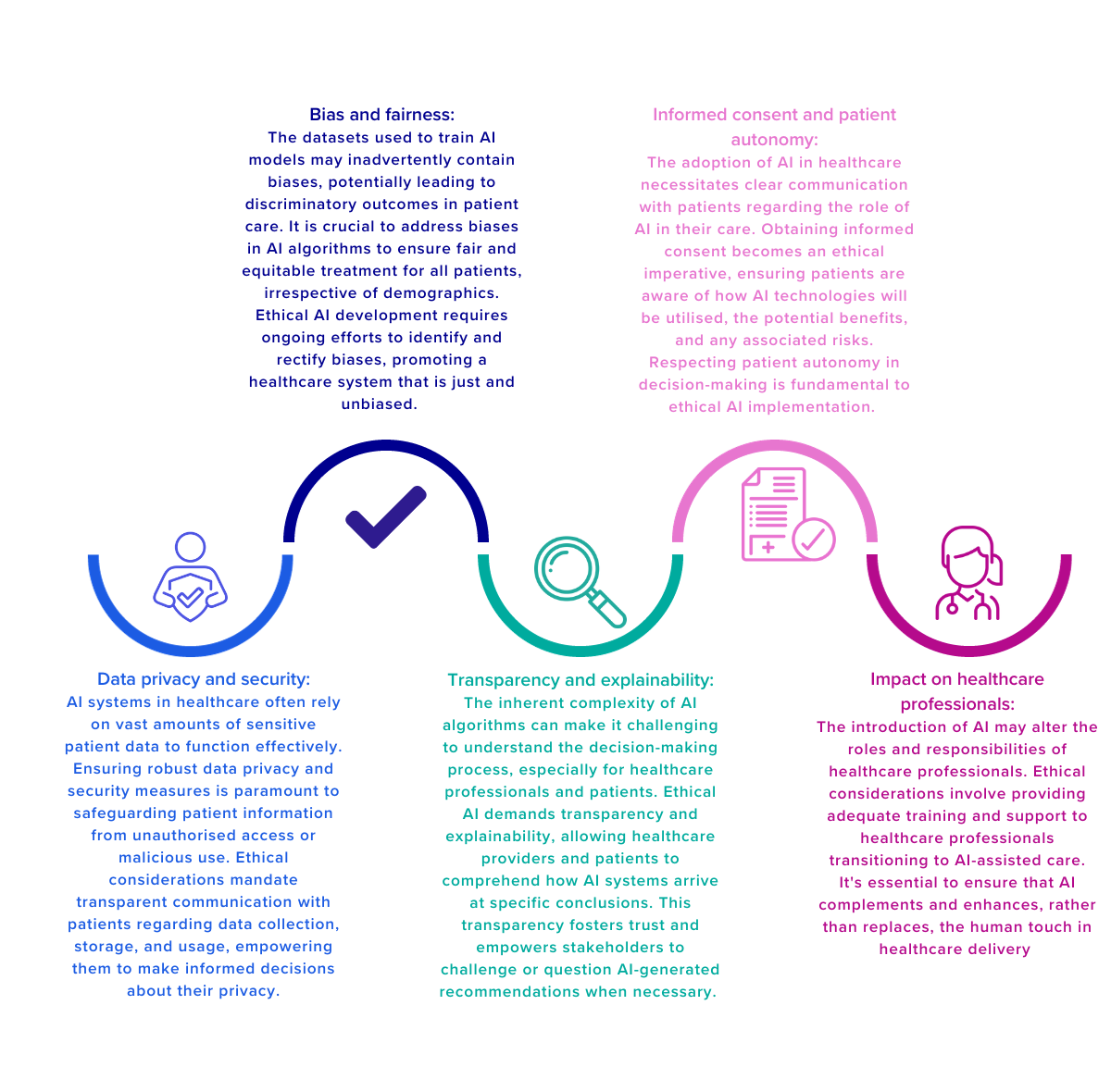In September, Unity Insights attended the CogX Festival in London. This festival, of 500 speakers and over 1,000 start-ups, aimed to bring together change makers and explore the hottest topics in the field of artificial intelligence (AI), from generative AI to climate tech, and life sciences to quantum. In addition to formal presentations, the conference provided ample opportunities for networking. Researchers, developers, and business leaders mingled in a vibrant atmosphere, sharing insights and exploring potential collaborations.
Yuval Noah Harari, a prominent intellectual and bestselling author, and Gillian Tett highlighted that society is at a pivotal moment in history, where AI is emerging as a powerful creation with transformative potential across various facets of our existence. Their talk explored profound questions such as:
- What impact will AI have on our careers, relationships, and political landscape?
- Is there a risk that AI could lead to human extinction, or can humanity rise to the occasion, collaborating with AI to build a more promising world?
Watch the discussion at Cogx here 👉 https://www.youtube.com/watch?v=XBhf0sjgpu8
The integration of AI into healthcare holds tremendous promise for improving patient outcomes, streamlining processes, and optimising resource utilisation. As we embark on this transformative journey, the ethical dimensions surrounding the development and utilisation of AI become increasingly more significant. What are the high-level ethical dilemmas inherent in the adoption of AI technologies within the NHS, and why is it important to give this thoughtful consideration in navigating such a complex environment?

In addition to the apparent ethical dilemma, huge amounts of resource should be spent investigating the application of AI technologies within a real-world setting. Whilst performance metrics such as sensitivity and specificity can be assessed within a controlled environment, clinical variation, systems and infrastructure at different sites, and the workforce may affect the technologies performance and safety – ultimately affecting patient outcomes. AI validation and evaluation frameworks, alongside sound evaluation design, could be key to standardising and highlighting both the benefits and the costs of AI uptake within the healthcare system. These benefits and costs should be explored from multiple perspectives, for example, the NHS and members of the public.
Concluding thoughts
There is substantial potential for AI to be used across all areas of life. It is important to ensure that users are adequately educated on the risks and benefits of such technologies before implementation within a healthcare setting. Ensuring that the technology is fit for purpose with considerations for human factors, ergonomics, and ethics will be important in enabling staff and patient safety.
Written by Sage Bannister, Lead Analyst at Unity Insights
